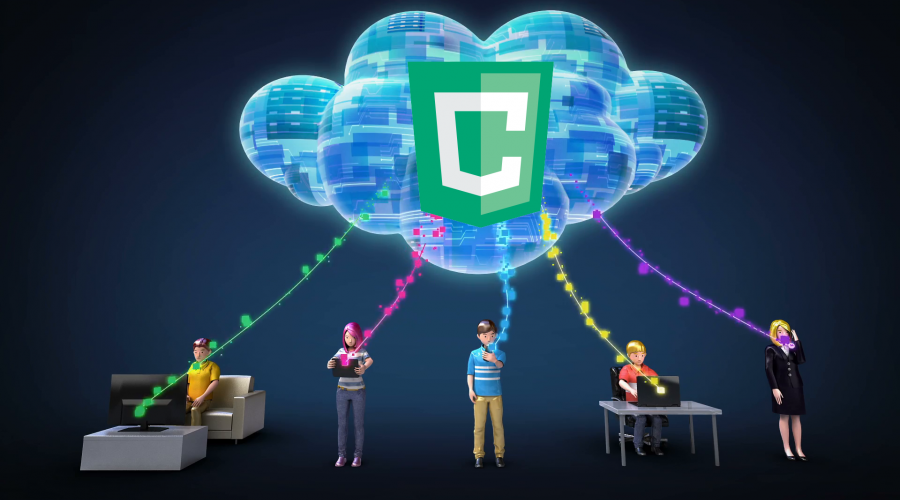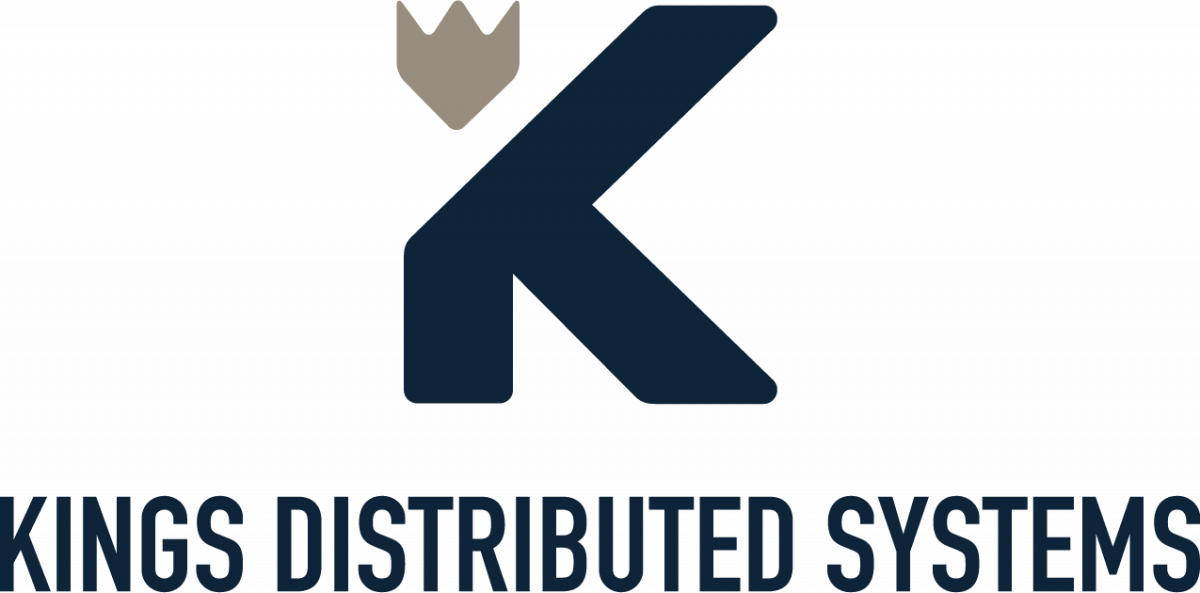This is a website for an H2020 project which concluded in 2019 and established the core elements of EOSC. The project's results now live further in www.eosc-portal.eu and www.egi.eu
This is a website for an H2020 project which concluded in 2019 and established the core elements of EOSC. The project's results now live further in www.eosc-portal.eu and www.egi.eu

Kings Distributed Systems is a Canadian company deploying the Distributed Compute Protocol (DCP), a web platform that aggregates excess computing power from underutilized devices and digital infrastructure and makes it available to researchers and innovators. Their Compute API allows users to trivially express parallel workloads, e.g. Advanced Research Computing, AI/ML, blockchain, mathematical finance. The Protocol automatically distributes those workloads for computation.
To address the challenge of providing researchers with sufficient and cost-effective computing resources, Kings Distributed Systems is deploying the Distributed Compute Protocol (DCP), a cross-platform solution that aggregates computing resources from arbitrary devices and digital infrastructure - from smartphones to enterprise servers - and makes it available to researchers and innovators on-demand. DCP would allow both individual institutions as well as federated infrastructures, such as the EOSC, to recapture and allocate underutilized resources, while providing a credit-based accounting system to quantify usage of processing, bandwidth, and storage resources.
The company holds the vision that the Distributed Compute Protocol becomes the multi-platform standard for distributed and edge computing. Kings Distributed Systems is facilitating access to limitless computing resources to accelerate science, innovation and discovery. Overall, this pilot aims to not only test, but showcase the applicability and value of such a solution for the European Open Science Cloud.


Distributed Compute Labs